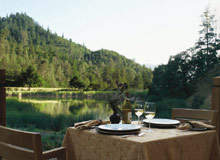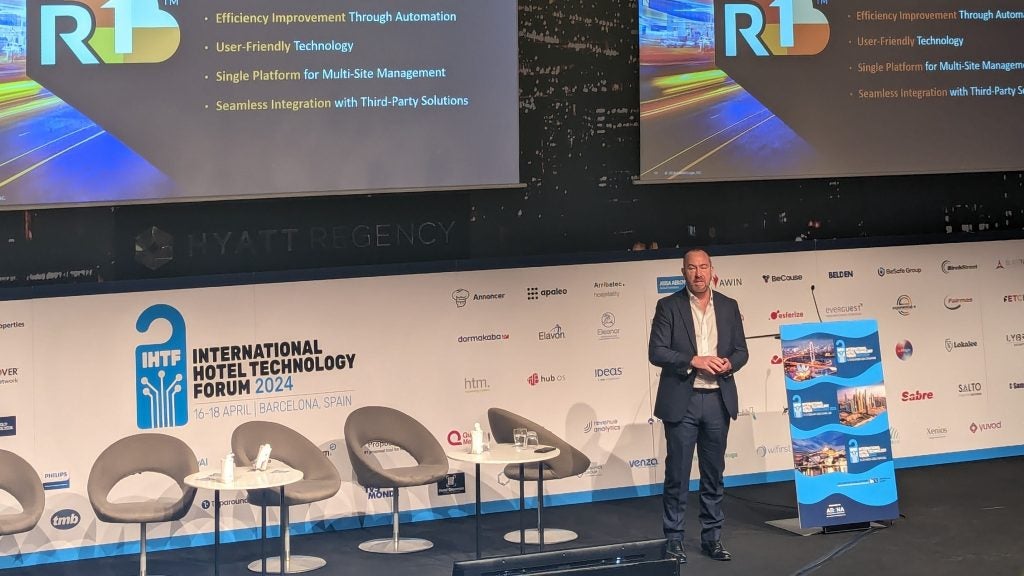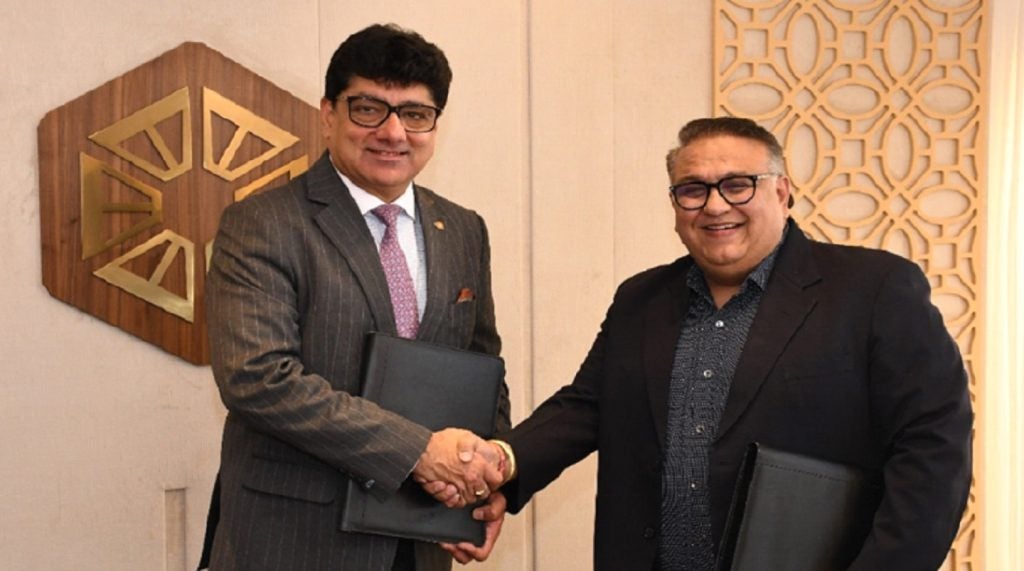
Environmental concerns are becoming increasingly important, and this is also true for the hotel industry.
In the US, Auberge Resorts has put environmental concerns at the heart of its business plan, with its luxury properties deploying sustainable technologies and strategies to improve or maintain natural resources and communities.
Starwood Hotels is also pushing the sustainable message. Starwood’s new aloft brand, launching in 2008, will promote the issue, with its ‘see green’ initiative highlighting its eco-friendliness.
GATHERING STEAM
Mark Harmon, CEO of Auberge Resorts, is encouraged by moves towards environmental sustainability in the hospitality industry: “There are a lot of initiatives worldwide – in Asia, Europe and even in the US. The latter is more gratifying, given that the US is seen as less aware of its dwindling resources.
See Also:
“The environment is very important to the hotel industry. It is an increasing concern for guests, so we are thinking about it, too. We aim to get as close to sustainability as we can, but there is a lot of work to do, particularly on energy conservation.”
How well do you really know your competitors?
Access the most comprehensive Company Profiles on the market, powered by GlobalData. Save hours of research. Gain competitive edge.

Thank you!
Your download email will arrive shortly
Not ready to buy yet? Download a free sample
We are confident about the unique quality of our Company Profiles. However, we want you to make the most beneficial decision for your business, so we offer a free sample that you can download by submitting the below form
By GlobalDataTraditionally, hotel operators have not reported seeing sustainable policies influence guest preferences, but at the luxury end of the market this is starting to happen.
“Guest awareness is growing, but not in the largest segment of the market,” notes Harmon. “We are aiming at the luxury and ultra-luxury sector where guests are generally more educated and affluent and are more aware of the implications of their choices. However, those attitudes filter down through the market and there is a greening of the industry at all levels.”
As the green message filters through the industry, more hotels will have to decide how to incorporate sustainability into their properties, facilities and services. The choice will be whether to put environmental concerns at the core of a business strategy or address them around existing infrastructure and processes.
PERSONALISED CARE
Putting sustainability at the heart of strategy means letting it inform every aspect of a property and its operation, from the choice of location for a newbuild hotel to the wiring, plumbing and building materials. It means designing for efficiency from day one.
Auberge Resorts has found that this approach not only increases return on investment and efficiency, but also allows the strategy to adapt to suit the needs and potential of each property.
A lesson Harmon has learnt is that a sound sustainable policy extends beyond the property: “If you are building a new resort in an unspoilt area, you need to put conservation first. Newbuilds have a long life, so the decisions you make today will have a huge effect on the future.”
The Inn at Palmetto Bluff exemplifies this policy. An eco-friendly luxury resort in Beaufort County, South Carolina, the property is surrounded by thousands of acres of land set aside for permanent preservation, in which the 50 waterfront cottages and leisure facilities have been designed to accommodate wildlife and archaeological sites, and preserve water quality.
“We’ve made an incredible conservation effort at Palmetto Bluff,” notes Harmon. “Around 80% of the property remains a conservation zone and every strategy aims to maintain it, even down to the filtering of rain and stormwater to remove the hydrocarbons emitted by vehicles using the road.”
SAVING ENERGY
While such extensive programmes may be beyond the reach of some hotel operators, there is one sustainable issue that has grabbed the industry’s attention – energy conservation. Some measures can be taken at most properties, such as using long-life light bulbs, while others remain the preserve of the top-end operators.
Auberge’s efforts have pushed the envelope, again thanks to a strategy that allows each property to explore its unique potential. At Calistoga in California, Auberge Resorts has a property that uses natural geothermal water, not only for its spa, but also to provide energy for the rest of the property.
FROM RHETORIC TO REALITY
Of course, there are many challenges in adopting a strategy of sustainability – not least of which is the rapid development of technology, particularly that which delivers energy efficiency. This might prompt some hotel operators to put off implementing sustainable technologies in the hope that new systems will emerge that are more cost-effective.
Solar power, for instance, is already viable in many instances, but its efficiency is increasing rapidly. According to Harmon, hesitation may be unwise. Instead, he advises acting now, while incorporating room to adapt later:
“Your choice in the short-term should be made on the basis of the return on investment. The landscape of guests’ expectations and the technology available is shifting, so you must leave room to improve your systems in the future. We are stewards of the environment.”
The industry faces a choice – to grasp the nettle of sustainability or shy away until the last minute. The latter may increasingly become an untenable business strategy.







